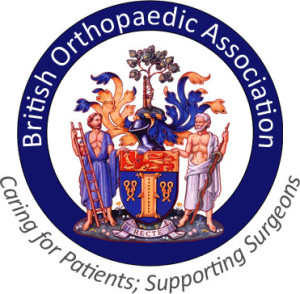Bloodless surgery is a technique used by Mr Nirav Shah at his patients’ request. It minimises blood loss during major operations, preventing the need for a donor blood transfusion.
The technique was developed by orthopaedic surgeon Adolf Lorenz, who was known as the ‘bloodless surgeon of Vienna’.
His motivation was a severe allergic reaction to carbolic acid, an antiseptic that was routinely used during operations. Nowadays, patients usually request bloodless surgery for religious or safety reasons.
Techniques to minimise blood loss
There are several different methods Mr Shah uses to reduce blood loss during surgery:
- Advanced surgical techniques to avoid blood vessels.
- Low dose spinal anaesthesia to reduce blood pressure.
- Implants and prostheses to allow a minimally invasive approach.
- Medication to boost haemoglobin prior to surgery.
- Medication to reduce bleeding during surgery.
- Acute normovolemic hemodilution to lower haemoglobin concentration and minimise the impact of blood loss.
- A cell saver machine to collect blood during the operation and safely reinfuse it.
The benefits of bloodless surgery
The main benefit of bloodless surgery is that it allows you to have life-changing surgery, which may not otherwise be possible.
While the risks associated with a donor blood transfusion are very small, they can be completely avoided through bloodless surgery. These include allergic reactions; exposure to blood-borne viruses and infections; and the risk of receiving the wrong blood type.
Bloodless surgery can also speed up your recovery because there is less blood loss and muscle damage.
The disadvantages of bloodless surgery
In extreme circumstances a blood donation could still be needed to avoid damage to vital organs – or even save your life. Your wishes concerning this outcome would be discussed before the operation.
There are also risks associated with bloodless surgery techniques, for example side effects to medications.
If you are considering bloodless surgery, Mr Shah will discuss all the advantages and disadvantages with you in detail to decide if it’s right for you. Contact us to arrange your initial consultation.






